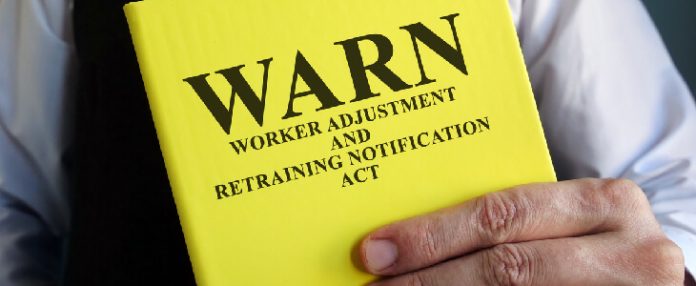If your company, with at least 100 full-time employees, has laid you off, you’re entitled to receive Federal WARN Act compensation. This Act requires employers to give a 60-day advance notice before plant closures or mass layoffs, equating to two months of pay.
The WARN Act, short for Worker Adjustment and Retraining Notification Act, aims to give employees and their families time to adapt and seek new employment opportunities. However, it’s important to distinguish WARN Act pay from severance packages. The former is a federally mandated obligation, while the latter is an employer’s discretionary benefit in addition to the WARN Act compensation.
Employers who announce two months of severance are not doing so out of generosity; they’re complying with legal requirements. This is evident from complaints by laid-off employees at companies like Twitter and Health IQ, who reportedly haven’t received their WARN Act compensation.
Quitting vs. Being Laid Off
Quitting your job disqualifies you from WARN Act pay, severance, and unemployment benefits. Therefore, it’s more beneficial to be laid off than to resign. This is particularly true during economic downturns when the government sometimes extends federal unemployment benefits beyond the standard 24-26 weeks.
Some people may feel uncomfortable about aiming to get laid off for a severance package. But it’s important to remember that a portion of your paycheck contributes to unemployment insurance. Refraining from quitting also means avoiding leaving with nothing.
Timing for Filing Unemployment Benefits
You might wonder about the right time to file for unemployment benefits after a layoff that includes WARN Act pay. Typically, once you are laid off and receive the WARN Act notification, you’re not expected to work during that period, and your company access is often revoked.
While receiving WARN Act pay, some may hesitate to file for unemployment benefits, concerned about the legality of this action. However, it’s crucial to apply for unemployment benefits as soon as you’re notified of your layoff. Delaying this can lead to missed opportunities for financial support, especially if you have a family to care for.
Applying for Unemployment Benefits Despite WARN Act Pay
Here’s why you should apply for unemployment benefits immediately:
- You are technically unemployed despite receiving WARN Act pay.
- WARN Act pay is limited to 60 days, and finding a job might take longer.
- Setting up unemployment benefits can take weeks, so it’s prudent to start early.
- A portion of your salary funds unemployment insurance, so you’re entitled to these benefits.
Receiving WARN Act Pay and Severance While Finding New Employment
If you find a new job shortly after being laid off, you’re not obligated to return your severance or stop your WARN Act pay. These are your entitlements due to the layoff. However, you will need to inform the unemployment department if you gain new employment, as this will affect your eligibility for continued unemployment benefits.
Embracing a Layoff as an Opportunity
A layoff, especially with a severance package, can be an unexpected but beneficial turn of events. It can provide a financial cushion to explore new career paths, start a business, or take a well-deserved break. Planning for a layoff can leave you in a more advantageous position, both financially and mentally.
In 2018, I chose to leave the finance industry and negotiated a severance package. This decision opened doors to new opportunities, including travel, entrepreneurship, and starting a family. A strategic approach to your career can transform a layoff into a valuable stepping stone towards fulfilling your personal and professional aspirations.


